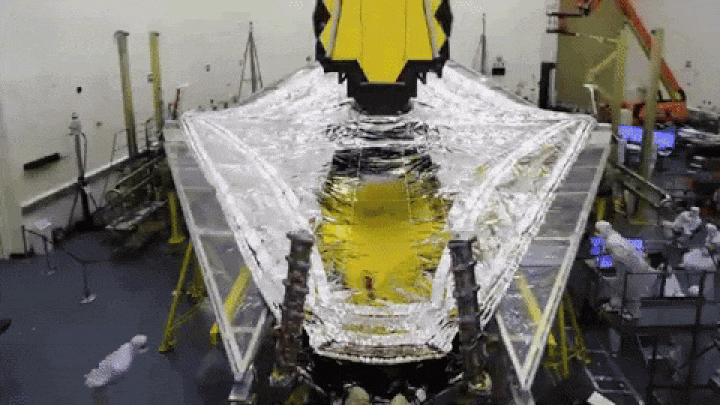Possible Link Between Cosmic Radiation And Alzheimer’s

What’s the Latest Development?
A NASA-funded study just out in the journal PLOS ONE describes the impact of prolonged exposure to iron HZE particles — a type of radiation found in deep space for which there are no effective shielding materials available — on animals modeled for the study of Alzheimer’s disease. Researchers found that the signs associated with the disease, including the buildup of protein “plaques” in the brain, occurred at a much faster rate than expected. It is the first study of its kind to focus on the biological and chemical changes that precede the onset of Alzheimer’s.
What’s the Big Idea?
For more than 25 years, NASA has funded a variety of studies designed to examine the impact of deep space travel on the human body, and it’s long known about other risks of prolonged radiation exposure, such as cancer. This study gives the agency another risk factor to be aware of as it continues planning for manned missions to an asteroid in 2021 and to Mars in 2035. Although the levels of cosmic radiation will probably be low, the trip to Mars is expected to last as long as three years.
Photo Credit: Shutterstock.com





